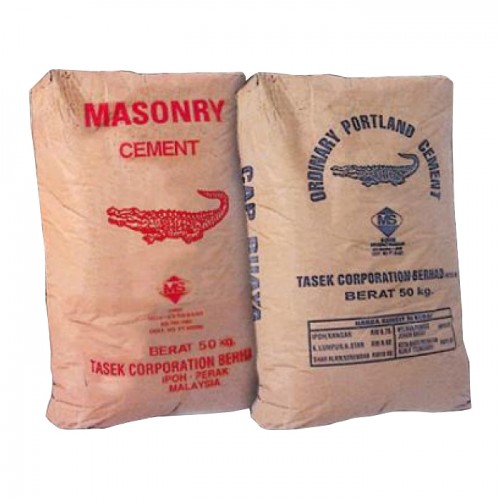TASEK (大石洋灰)- Spring or Winter?

Background
TASEK (Tasek Corporation Berhad, 4448) is involved in manufacturing and selling of cement & cement related products and ready-mixed concrete in Peninsular Malaysia. Its main production plant is in Ipoh, Perak. The cement products are transported by road or rail direct to user.
Source: KLSE Screener @ 8 May 2020
In short term, market is like a voting machine. A company's share price will be affected by market sentimental. But in the long run, market is like a weighing machine. The business and financial performance of a company will eventually reflect on its share price.
The worsen of financial performance has dragged down TASEK's share price from its peak on 2015 (RM16.40) to the current level (Rm5.72).
Source: TASEK Annual Report
The worsen of revenue and profit before tax (PBT) since 2016 is mainly due to oversupply of cement product which lead to intense price competition and squeeze of margin of cement player. TASEK's PBT margin has dropped from 17.1% on 2015 to 10.3% (2016) and 0.3% (2017). On 2018, TASEK has made it first loss since 2005. However, on latest quarter (Quarter 1 2020), TASEK has finally made a turnaround on its financial performance.

On the latest quarter, TASEK has made profit since Q3 of 2017. This is mainly contributed by its cement segment which made profit of RM3.7 million compared with loss of RM11 million on corresponding quarter of previous year. This is mainly due to reduction in sales rebate and production cost.
Some may wonder is this the signs of the beginning of spring in TASEK's business?
TASEK is undoubtedly a company with good financial position. It's a net cash company with net cash per share of RM0.47. Besides, its debt-to-equity ratio (4%) is extremely low compare with other company.
However, I personally think TASEK is not a good counter to invest, at least for now. The reasons are:
1. Property Development, Infrastructure and Construction Industry
TASEK's is a cyclical stock. Its business performance is largely affected by performance of property development, infrastructure and construction industry.
The property development and construction activity in Malaysia is expected to be negatively affected by Covid-19 outbreak. And the industries are unlikely to recover in the short term.
Besides, the mega infrastructure project is unlikely to revive in 2020.
2. Movement Control Order (MCO)
Source: Quarter 1, 2020 Quarterly Report
The MCO imposed by government since 18 March 2020 has caused TASEK to cease its operation from the first day of MCO until 4 May 2020. As mentioned by TASEK, its second quarter financial result is expected to be worsen.
3. Unconditional Voluntary Take-over Offer
On May 2019, TASEK has received unconditional voluntary take-over offer from Hong Leong Asia's two wholly-owned subsidiaries: HL Cement (M) Sdn Bhd and Ridge Star Ltd.
According to Sections 222 and 224 of the CMSA(Capital Markets and Services
Act, 2007) set out the situations where a bidder may
compulsorily acquire the shares of the remaining shareholders who had not accepted the
takeover offer. if the bidder has received 90%
acceptances (excluding the shares already held by the bidder or persons acting in
concert) within four months after the making of the takeover offer.
As at today (8 May 2020), Hong Leong Asia (HLA) owns 88.16% of TASEK's shareholding, which means HLA is not able to compulsorily acquire the remaining shares of TASEK. As HLA wish to privatize TASEK, it is expect that HLA will continue its effort to acquire the remaining share, with some mark up of the latest offer price (RM5.80).
As HLA doesn't have the intention to remain listing status of TASEK, and the current ask price (RM5.79) is slightly lower than the latest offer price (RM5.80), we are unlikely to make a lot of profit from this counter.
4. Price Competition
According to management, the intense cement price competition which started in mid-2016, has caused excess in capacity and lead to price competition among cement players in Malaysia. This has squeezed margin of cement operation and caused the significantly drop in PBT since 2016.
Due to the negative news, it's a bit dangerous to invest in building material company at the moment. But in the long term, I believe our economy will bounce back.
Nevertheless, if you wish to take a ride of the development of property, construction and infrastructure industry in the future, you may consider to invest in other building material company, eg. long steel companies, which i will write more about it in my next article.
Article: INDUSTRY - Steel Industry in Malaysia:




Comments
Post a Comment